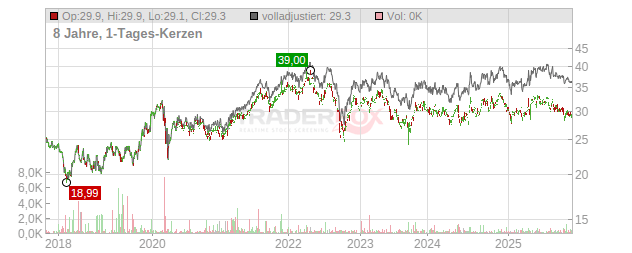Recent Developments in Severn Trent’s Water Management

Introduction
Severn Trent is one of the largest water and wastewater services providers in the United Kingdom, serving over 4 million customers across the Midlands and Wales. With increasing concerns over climate change and water scarcity, the company’s initiatives towards water quality, sustainability, and customer engagement have surged in importance. As environmental pressures mount, understanding the operational strategies of Severn Trent is crucial for stakeholders and consumers alike.
Recent Initiatives and Developments
In 2023, Severn Trent launched an ambitious programme aimed at enhancing water quality across its supply network. The company invested over £200 million to improve water treatment works and upgrade existing infrastructure. This investment is part of a broader £1.5 billion capital investment plan aimed at improving services while reducing leakage rates by 15% by the year 2025.
In addition to infrastructure improvements, Severn Trent has focused on robust sustainability practices, announcing plans to become carbon neutral by 2030. This involves exploring renewable energy options and long-term partnerships with local communities to enhance water resource management. A recent collaboration with local farmers will help improve water quality in catchment areas by reducing agricultural runoff, highlighting Severn Trent’s commitment to sustainable practices.
Community Engagement
Severn Trent’s role extends beyond just service provision; the company emphasises community involvement through various outreach projects. Their recent “Water Efficiency Campaign” encourages households to utilise water-saving technologies and adopt better practices to conserve water. By partnering with schools and community groups, Severn Trent aims to educate the public on the importance of water stewardship, particularly in areas experiencing higher drought frequencies.
Conclusion
Severn Trent’s ongoing initiatives reflect its commitment to improving water quality and sustainability in the face of growing environmental challenges. Their proactive strategies not only seek to enhance service reliability but also prioritise community engagement and environmental stewardship. As the landscape of water management continues to evolve in the UK, the actions and policies of Severn Trent will be pivotal in shaping a more sustainable and resilient future for both the company and the communities it serves. Stakeholders should remain attentive to the developments from Severn Trent as they set a potential standard for water providers in adapting to an uncertain climate.
